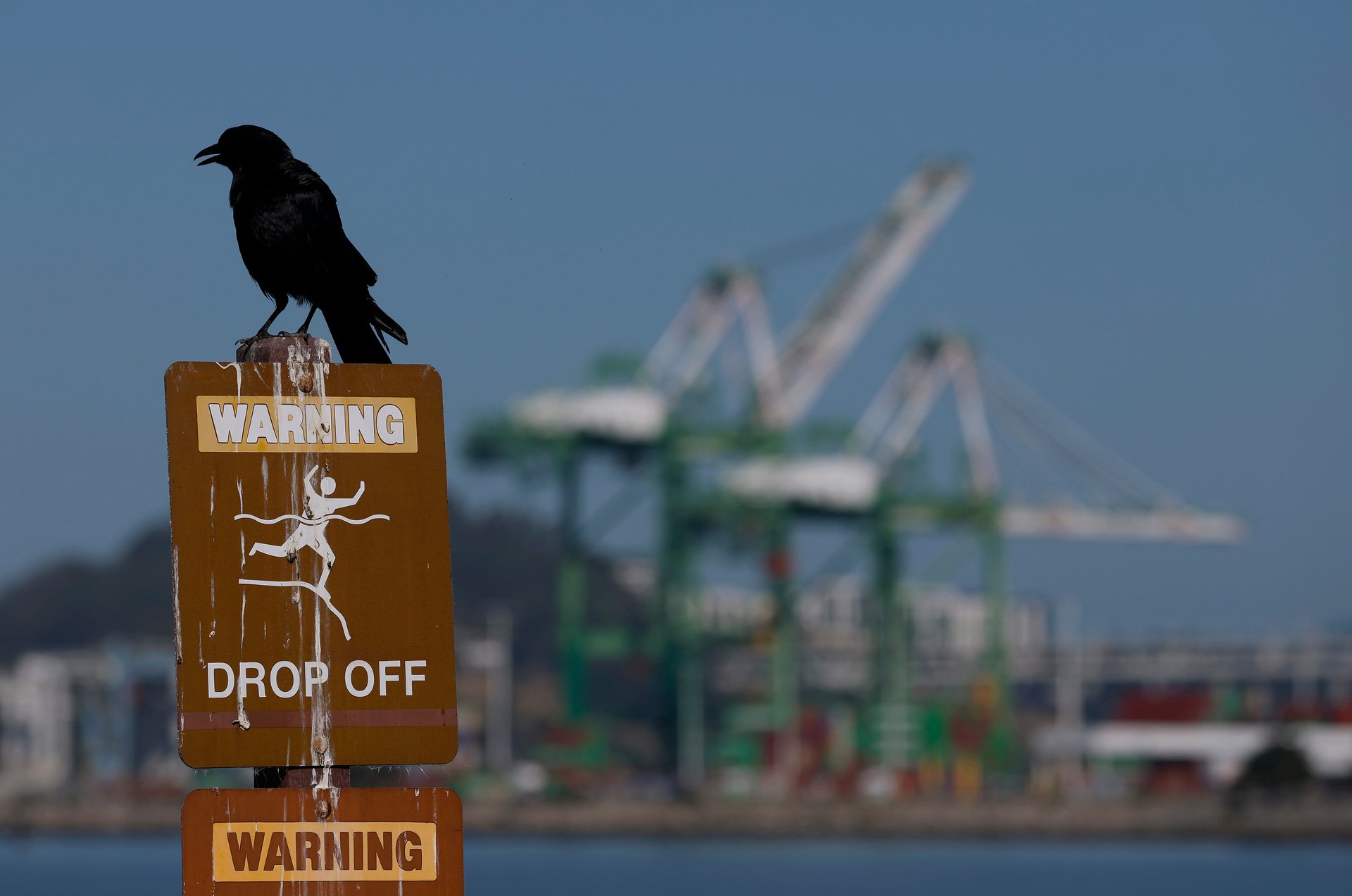America's trade war could mean 7 million fewer jobs across the world, U.N. says
Global GDP growth is expected to slow 0.4% and income inequality will get worse in 2025

International growth is slowing, fewer new jobs will be created, and the global income gap is rising — largely because of elevated trade tension spearheaded by U.S. President Donald Trump. That’s according to the International Labour Organization (ILO), a UN agency, whose new report is based on the IMF’s April 2025 “World Economic Outlook.” The IMF also singled out new tariffs and a “highly unpredictable environment.”
Suggested Reading
“If geopolitical tensions and trade disruptions continue, and if we do not address fundamental questions that are reshaping the world of work, then they will most certainly have negative ripple effects on labour markets worldwide,” said ILO Director-General Gilbert F. Houngbo in a release accompanying the report.
Related Content
The ILO had previously anticipated 60 million new jobs being created in 2025; that has been downgraded to 53 million. Global GDP growth is expected to slow 0.4%. The ILO says that 84 million jobs in 71 countries are tied to U.S. consumer demand; most of those jobs are in the Asia-Pacific region, but Canada and Mexico are in particular danger, with 17.1% of their job markets exposed to uncertainty due to U.S. policy.
Meanwhile, the proportion of GDP going to global workers, known as the labour income share, fell 0.6% in 2024. Income inequality could get much worse soon: High-skilled occupations are at risk of being displaced by generative AI, reports the ILO.
Some good news: More women are working in high-skilled occupations, up two percentage points between 2013 and 2023 to 23.3%.
Houngbo said the overall economic numbers are “sobering, but they can also act as a roadmap for the creation of decent jobs,” advising countries to focus on “strengthening social protection, investing in skills development, promoting social dialogue, and building inclusive labour markets to ensure that technological change benefits all.
“And we must do so with urgency, ambition, and solidarity,” he concluded.